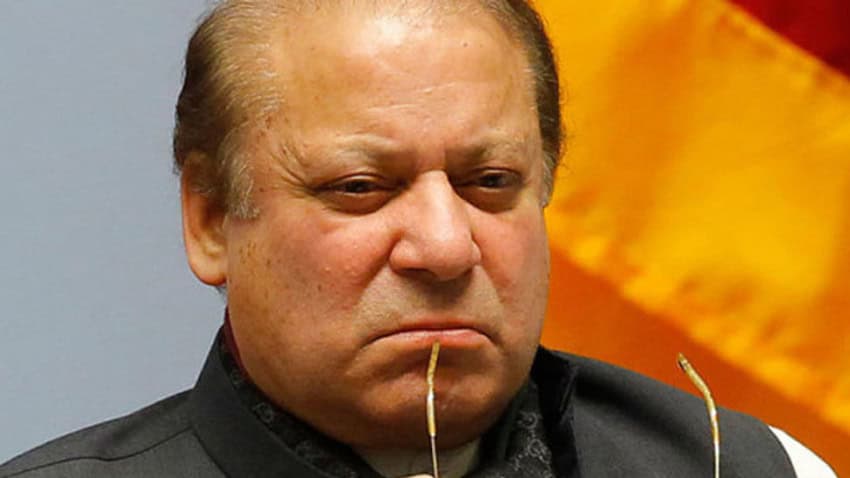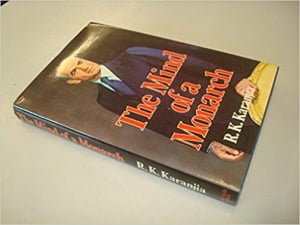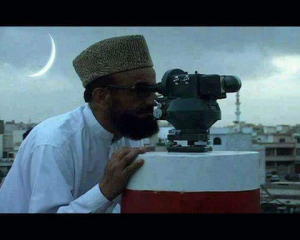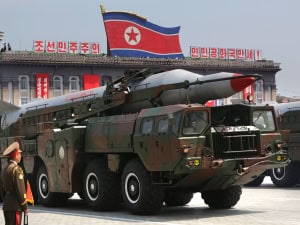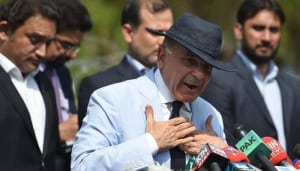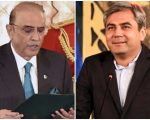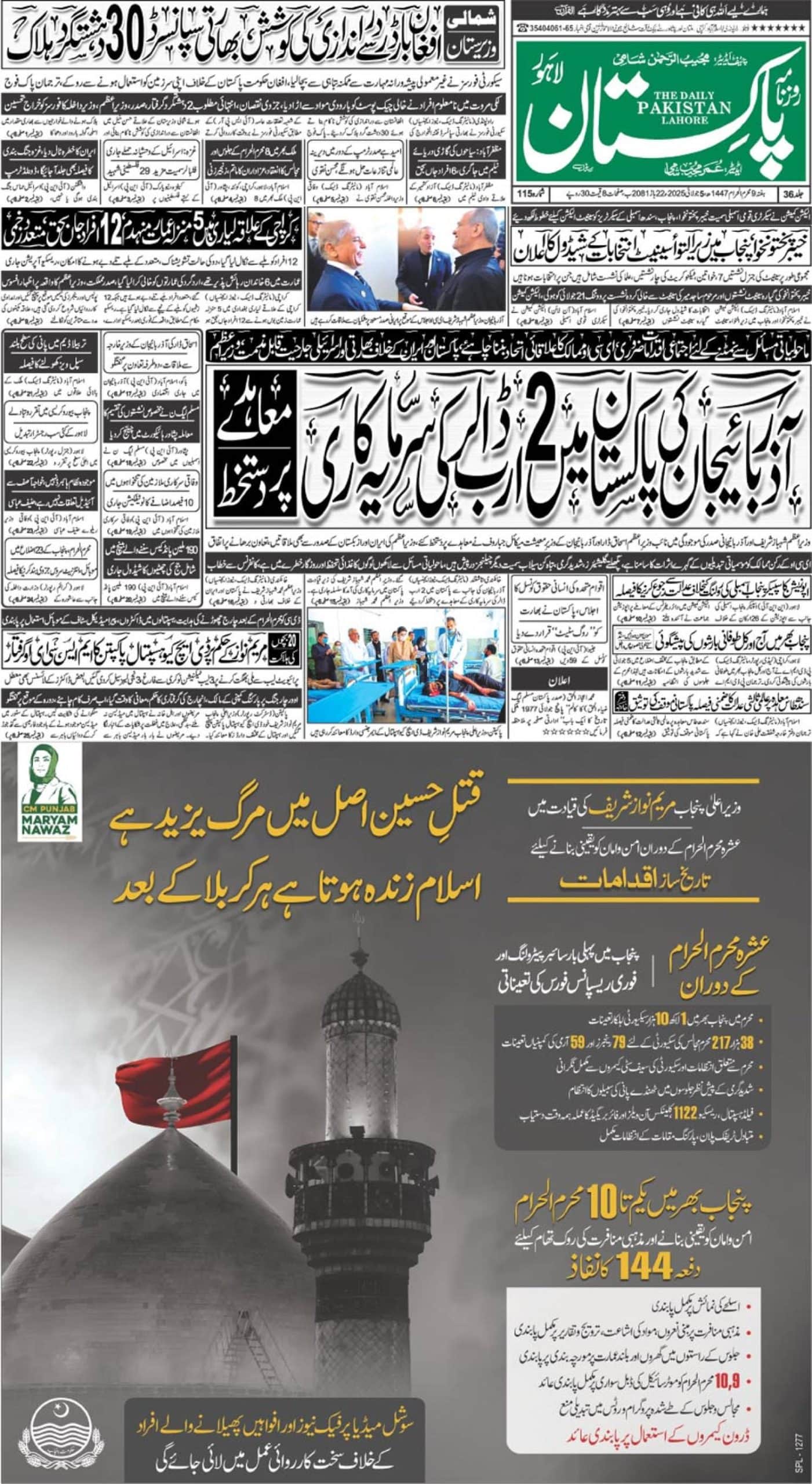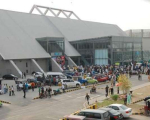The world is tired of Pakistan and Nawaz Sharif. The former prime minister has hit international headlines six times in the past nineteen years. International headlines, not local. This is a record for any Pakistani politician.
The world noticed Sharif for the first time when he was toppled, in 1999; when he embraced his former foe Benazir Bhutto in London, so they could jointly confront the military, in 2006; when he tried to return from exile, in 2007; and when he became a prime minister, in 2013, the only politician in Pakistan to thrice hold office. This year, the world watched again when he was sentenced to 10 years in prison along with his daughter.
He’s like a cat with nine lives. So, imagine the number of people outside Pakistan who rolled their eyes when they saw another ‘Nawaz Sharif breaking news’: his arrest and jailing last week.
It’s great business for Pakistan’s ratings-hungry cable news television channels, but the story is disturbing for Pakistan’s policymakers, and for Islamabad’s friends in the region and beyond.
The Sharif saga is a classic example of the chronic volatility of the Pakistani political system. Granted, all democracies are messy, but Pakistan’s version has paralyzed an otherwise vibrant and promising country, with one of the fastest growing economies in the world. Pakistan has barely had a moment’s respite since 1985, the year when parliamentary elections gave birth to Sharif and the current political system.
Thirty-eight years is a long time for any political system to mature and stabilize, but the Pakistani system has not. This now has strategic implications: Islamabad is missing out on major changes and transformations in regional and international politics. While other countries are racing to secure their interests, Pakistan is held hostage by its internal mess to look beyond its borders. For Pakistan’s friends abroad who don’t understand this internal mess, they wonder how the only nuclear-armed Muslim country, with the longest history of alliance with the United States, which opened channels with Israel, China, and Russia, has no say today in the shifting realities of the region. The wars in Iraq, Syria, Afghanistan and Yemen have created new opportunities and have seen the rise of new powers. Pakistan has major interests across the region, so its absence is surprising.
Closer home, Afghanistan has become a battleground for a regional proxy war. Islamabad used to be an astute player of the strategic great game. Today, America and Pakistan are at odds while together facing a joint defeat in Afghanistan. And Kashmir is back on the international agenda as the United Nations ends its silence on the long-simmering conflict. This paves the way for a possible international intervention but Islamabad appears unprepared to optimally deal with the new opportunity.
China’s massive multibillion-dollar investment in CPEC, linking Pakistan to markets in the Gulf and Africa, is centered around the strategic port city of Gwadar. But the vision of a future Freeport and a cosmopolitan international city in Pakistan requires bold and visionary leadership that does not exist and seems improbable in Islamabad anytime soon.
The conviction and arrest of one of the most powerful politicians in Pakistan bode well for accountability in a country where democracy had run amok, and politicians were unaccountable except in a military coup. Now, Pakistani voters can see that accountability is can and the system works without an extreme step.
But Pakistan needs a bold leadership, soon. Islamabad needs to restore its regional influence, establish its presence, repair relations with the United States and western powers, and prepare itself for the impending diplomatic battle over Kashmir.
All of this requires a new era in Pakistani politics, replacing the crumbling 1985 political system. But how? That’s the million-dollar question.
